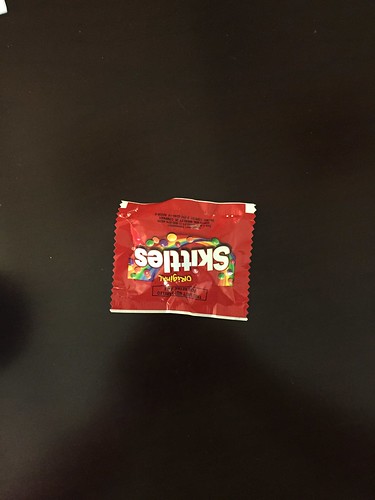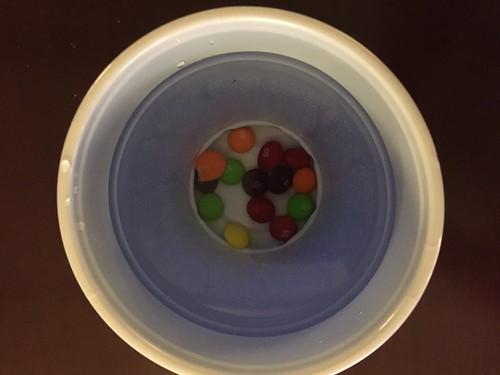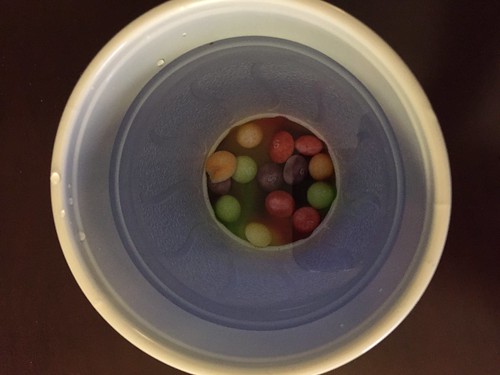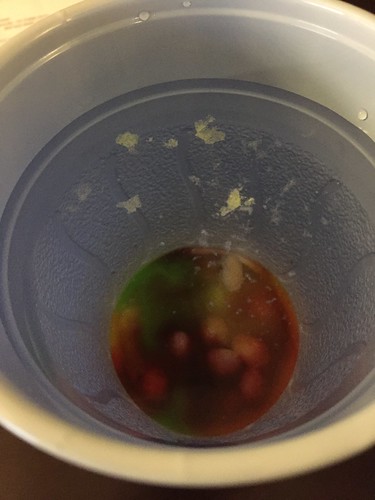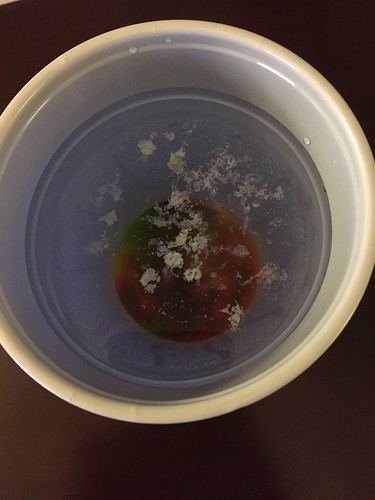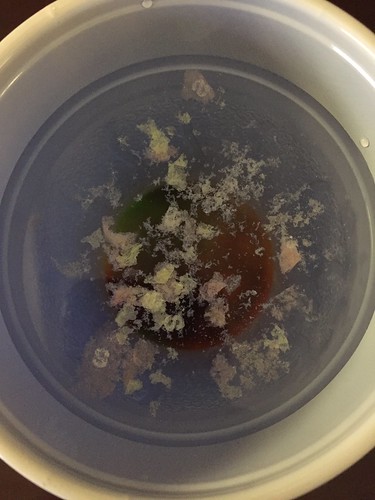As you may recall from the
September book review entry, my plan for the month of October was to read only books by Joyce Carol Oates, because I noticed that I had a lot of them scattered through my "books to be read" piles and figured that I might as well make a theme month out of it. At the end of the month, I still have two of her books in my piles, but I made it through several of them, which goes to show how many I actually had amassed without reading.
I need to read more, and get those piles under control.
There's also one book that's not by Oates, but I read that one on my Kindle.
1) In Joyce Carol Oates'
Jack of Spades, Andrew Rush is a popular New Jersey writer of neat little mysteries. He has a wife and family and a big country house, he donates to the local library and the hospital and the youth sports league, and he has a secret: he also publishes violent, gory crime novels under the name Jack of Spades. He has little forgetful moments, maybe drinks a little too much wine, and sometimes isn't aware that he's speaking out loud instead of just thinking, but for the most part his life is happy and calm. The two worlds of his fiction are always kept far apart until the day a woman he's never met sends a summons for a civil suit, accusing him of plagiarism and claiming that she deserves justice.
For a minute, my thought was, "Stephen King already told this story. Twice," and Oates seems to recognize this, shading the story heavily in the direction of "Secret Window, Secret Garden" and "The Dark Half" and even namechecking Stephen King several times, leading you to believe that maybe this crazy woman suing him doesn't exist at all, but then there's a twist, and it turns out that she's the town crank. No one believes her or her many accusations against anyone, and Rush realizes that means he could do anything to her, anything at all, and no one would believe her, and at that point this turns into a very different story.
I enjoyed having my expectations completely upended, and even though it was a short read it was pretty interesting.
2) The Mulvaney family of Joyce Carol Oates'
We Were the Mulvaneys seemed to lead a charmed life, enjoying a prosperous business and country club membership, a beautiful home with horses and animals and a hobby antique store in the barn out back, and four amazing children who were the envy of their peers. One night in 1976, something happened to the Mulvaneys, something that shattered their idyllic existence and led to decades of slow decline. Now, some are driven to escape the family, some are driven to vengeance against their enemies, and some want nothing more than to return to the earlier, happier times.
This was a slow read at times, but a fascinating look at the dynamics of a family that felt real even if they weren't. I did spot one mistake: the novel is set in Upstate New York, and Oates writes that a Mulvaney wins blue ribbons at the State Fair in Albany. The New York State Fair takes place in Syracuse, not Albany, and has since the late 1800s. Much like she did in
Carthage, Oates writes about real places but can't be bothered to fact check them. It irritated me way more in "Carthage" because I'm more familiar with the geography there, so it's possible that every time she writes about New York State everything she says is wrong and I just don't notice because I don't know that region of the state as well.
3) In Joyce Carol Oates'
Beasts, a string of tiny arsons ripples through a small, private women's college in New England. At the same time, Gillian, a student, has been taken in by her poetry teacher and his wife, Dorcas, the sculptress. They have her over for meals, and they have her in their bed, and they tell her over and over that she must keep their love for her a secret. It's the same thing they told her housemate, Sybil, who mysteriously left school, and her housemate Marissa, who barricaded herself in the laundry room in the basement and attempted to commit suicide there. It's the same thing they've told a number of girls through the years, a winking, knowing-grin secret among the students on campus. Gillian, though, will be the last girl they tell it to.
This was a fast, short novel, but very intense.
4) Ariah Erskine is "The Widow-Bride of
The Falls", a young bride whose husband brought her to Niagara Falls for their honeymoon and promptly threw himself into the falls the next morning. During her seven day vigil, waiting for his body to be found, Ariah meets Dirk Burnaby, wealthy lawyer and favorite son of the community, and within the month she is married again. Settling into a life of marriage, home, and children, all seems well until Dirk becomes obsessed with a case no one else will take, involving the poor, sickly residents of Love Canal, and then Ariah finds herself alone again, raising three children who are never to speak of their father, never to leave the family, and bound by Ariah to stay by her side. This is a book about love, both how it can save you and how it can destroy you, and how quickly you can slide over the line between the two.
I've read some of Joyce Carol Oates' books over the years, but this is the first time I've read so many in a row, and I noticed some recurring minor motifs in her work. For example, someone in two books so far has been partially blind in their left eye due to a detached retina. Out of the thousands of people I've known in my life, this has only happened to one, so I'm wondering if it happened to someone she knows and she started incorporating it into her work as a character detail. Also, this is the second book of hers where a character has explained that it's a rule of drama that if you introduce a gun into a play then you have to shoot someone by the end, or the audience feels mislead. Interestingly, neither character who says this shoots anyone in either book. (The shooting in this book is implied but not shown.)
As for this book, it was ok. I didn't dislike it, but nothing about it really stands out, either.
5) Joyce Carol Oates month continued with
Man Crazy, in which we meet Ingrid Boone, known as both Doll Girl and Dog Girl. Her father is a fugitive from the law, her mother is a fugitive from her father, and Ingrid is so starved for male affection that she descends into a spiral of mental illness and self harm until she ends up as one of several brides of Satan, living in a cult and subservient to hypnotic cult leader Enoch Skaggs. Ingrid survives, but barely, and I didn't get the feeling of hope that the dust jacket said I would. Instead, she just seems to be counting down to her next disaster.
6) Gordon Merrick's
One For The Gods, the second book in the Peter and Charlie Trilogy, picks up several years after the first one, but it's the same story: Peter loves Charlie. Charlie has trouble accepting that love. Peter and Charlie spend the novel together, separated, and then back together again. Even the sex gets boring after a while. It's significantly less racist than the first book, but only because they only encounter white people in this one.
This was my Kindle book. I started the third book, but I've been walking outside a lot, so I haven't really been reading the Kindle much this month.
7) Joyce Carol Oates'
The Female of the Species is a collection of short stories about women in all sorts of trouble, mostly involving a man. Most of the trouble also involves murder, a lot of murder. Some of these were interesting, but a few days after reading it none of the stories really stick out in my mind.
8) Franky Pierson is the troubled middle child in Joyce Carol Oates'
Freaky Green Eyes. She sometimes has trouble speaking up, so she lets her internal monologue, Freaky, do the talking, until the day that her mother disappears and the media decides that her father, a famous sports broadcaster, had something to do with it. Franky doesn't know anything about what happened, or about her father's explosive temper, or about the shouting behind her parents' closed bedroom door, but maybe Freaky does. Will either of them talk to the police? Will Franky be true to her father, her mother, or herself?
This was a fast read, but interesting. Also, someone must have used my copy for a paper or a book report, as I found numerous post-it's with comments about the plot stuck in the pages.
So, that was my month in Joyce Carol Oates.
For November, I have nothing specific planned.
